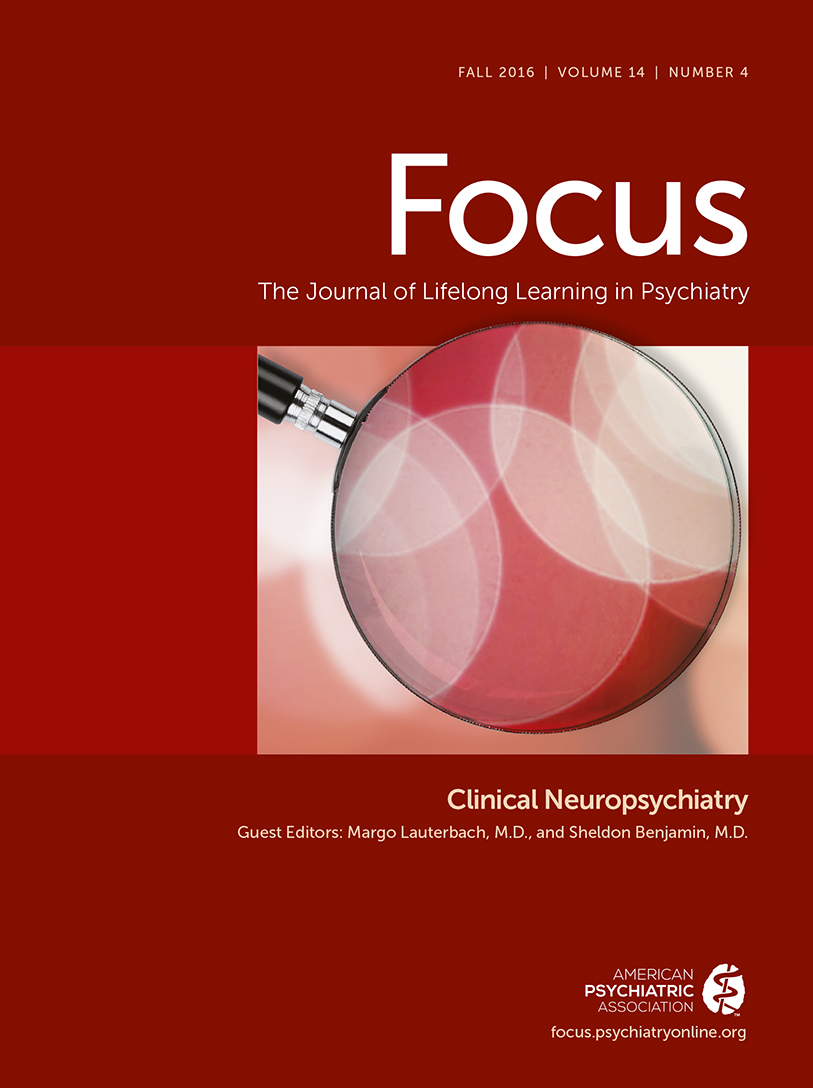Non-pharmacological Management of Behavioral Symptoms in Frontotemporal and Other Dementias
Abstract
Worldwide prevalence of dementia is predicted to double every 20 years. The most common cause in individuals over 65 is Alzheimer’s disease (AD), but in those under 65, frontotemporal dementia (FTD) is as frequent. The physical and cognitive decline that characterizes these diseases is commonly accompanied by troublesome behavioral symptoms. These behavioral symptoms contribute to significant morbidity and mortality among both patients and caregivers. Medications have been largely ineffective in managing these symptoms and carry significant adverse effects. Non-pharmacological interventions have been recommended to precede the utilization of pharmacological treatments. This article reviews the research about these interventions with special attention to the variations by etiology, especially FTD. The authors offer recommendations for improving utilization of these strategies and future research recommendations.
(Reprinted with permission from Current Neurology and Neuroscience Reports 2016; 16:14)



